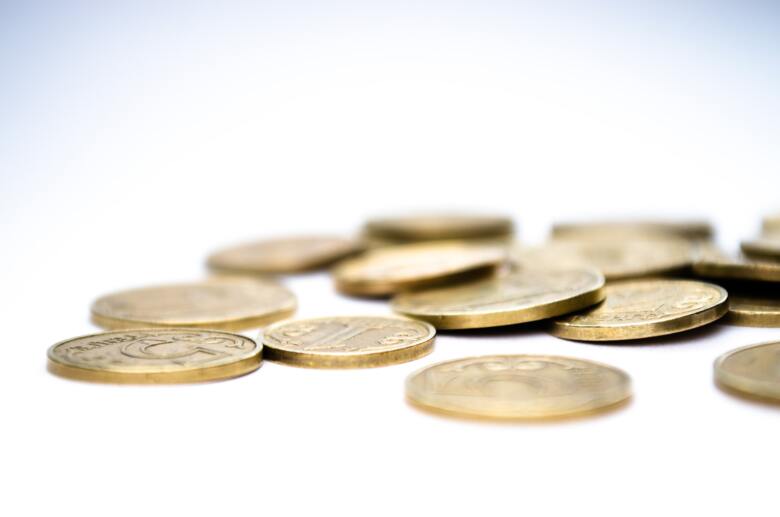Several recent TikToks have claimed that freezing bread actually makes it healthier. Some of these mention there’s research which backs up the claims. But is this food tip as good as social media influencers suggest?
Author
Duane Mellor
Lead for Evidence-Based Medicine and Nutrition, Aston Medical School, Aston University
The science behind it is actually sound, albeit a little confusing. But the actual health effects are not nearly as significant as they’ve been made out to be.
When bread is cooked, it transforms the moist, bubble-filled dough into a soft fluffy loaf. The heat of the oven, combined with the water in the dough, causes the starch in the flour to expand and gelatinise. The same thing happens when flour is added to a sauce and cooked until it thickens.
These gelatinised starches are easier to digest, making the glucose (sugars) that these starches contain easier for our cells to get hold of. This is true of many freshly cooked starchy foods, particularly those low in fibre or made from finely milled flours – such as white bread or potatoes.
Some evidence suggests that this kind of rapidly available glucose might increase insulin levels just after eating. Although insulin is important as it helps our cells use glucose for energy (or store it for energy later), too much insulin could cause you to feel hungrier and possibly even gain weight.
But when foods containing these gelatinised starches are cooled, the expanded starches shrink back down, becoming what’s known as a resistant starch. These collapsed starches are harder for the enzymes in our digestive tract to break down – which means its also harder for our cells to get hold of the sugar these starches contain. This means resistant starches are less likely to cause a blood sugar and insulin “spike” after eating them.
The degree to which resistant starch is able to form depends on the baking temperature of the bread and whether it’s then refrigerated or frozen. The rate of contraction is nearly twice in the freezer as it is in the refrigerator, meaning that more resistant starch will be formed.
Plus, freezing bread traps the water in – keeping it fresher and softer than if you stored it in the fridge, where water will be lost causing the bread to go hard.
Should you freeze your bread?
A study on ten healthy people looked at the effect of freezing white bread then toasting it. They compared store-bought loaves with homemade bread.
For samples of homemade bread, freezing and thawing the bread reduced how much it spiked blood sugar by 31% over two hours. Interestingly, toasting fresh bread also lowered the rise in glucose by 25%.
This effect was even greater when the homemade bread was frozen, thawed, then toasted – reducing the blood sugar response by 39%. This effect could potentially help with hunger, as glucose and insulin levels will not rise as high after eating the frozen bread.
But when commercial, store-bought white bread was used, freezing before toasting did not improve the body’s blood sugar response. This could reflect the different ways in which commercial bread is made compared to homemade bread. The ingredients used or the way the loaf is cooked then cooled may reduce the effect of freezing on the formation of resistant starch. The evidence is not completely clear.
Other, more recent research, has also shown similar results. So, although some of the studies are small, the effect that freezing bread has seems consistent, and thoroughly investigated in the lab.
But it’s worth noting that these effects only exist for a couple of hours after eating the bread. So while freezing your bread before eating it may help lower blood sugar levels at one meal (and have a small effect on the next meal too), the long-term effects on appetite, weight gain or risk of certain diseases (such as type 2 diabetes) is not known – and is likely to be very small.
Resistant starch can be found in many other cooked and chilled starchy foods such as potatoes, pasta and some (but not all) types of rice. Basmati rice in particular seems to form more resistant starch than fluffier types of rice (such as arborio rice).
As well as being harder to breakdown than freshly cooked starch, resistant starch provides nutrients to the microbes living in our colon. This helps maintain a healthy balance of bacteria in our gut. These bacteria then release chemicals onto the cells lining the colon which help us to maintain a healthy metabolism.
Resistant starch has also been shown to help insulin work better by increasing insulin sensitivity somewhat. This can help our bodies use blood sugar more efficiently, which is linked to better health, as they can be used more effectively as a fuel by our muscles.
The benefits of resistant starch may even extend to other aspects of our metabolism, as it may also help lower cholesterol. This effect is thought to be caused by the short-chain fatty acids the gut bacteria produce when they ferment resistant starches. Lower cholesterol levels may mean lower risk of heart disease.
While these changes may seem quite dramatic they are short term, so their effects on our long-term health is more modest. But that doesn’t mean you shouldn’t still freeze your bread. Putting a loaf of bread in the freezer can reduce food waste with the added bonus of some health benefits – even if small.
![]()
Duane Mellor is a member of the British Dietetic Association.






